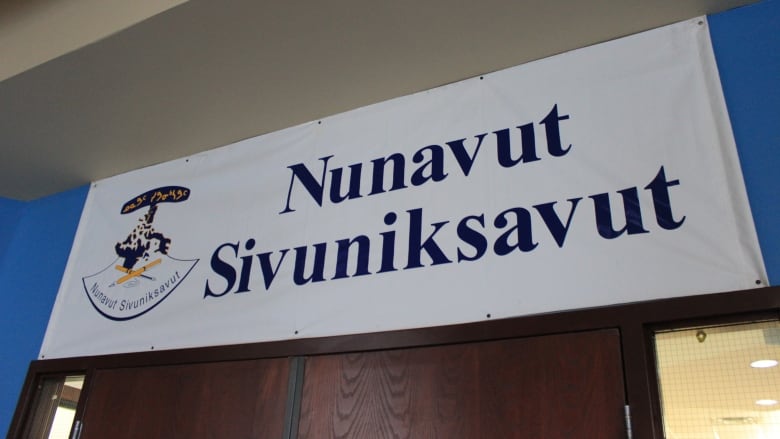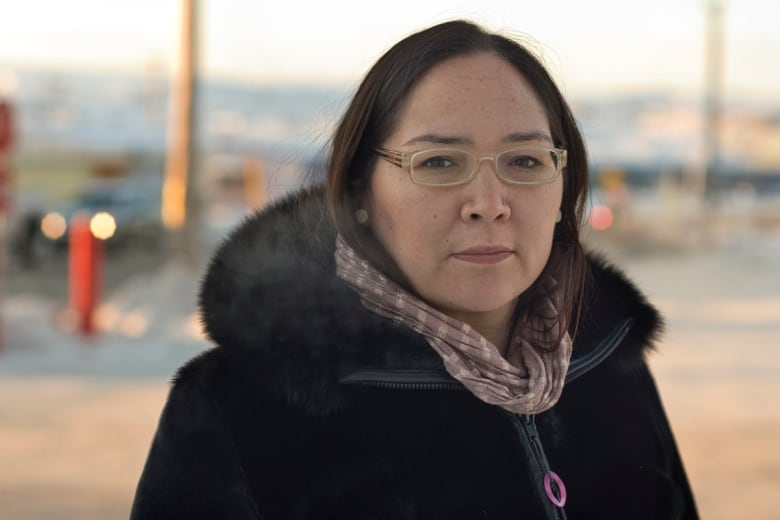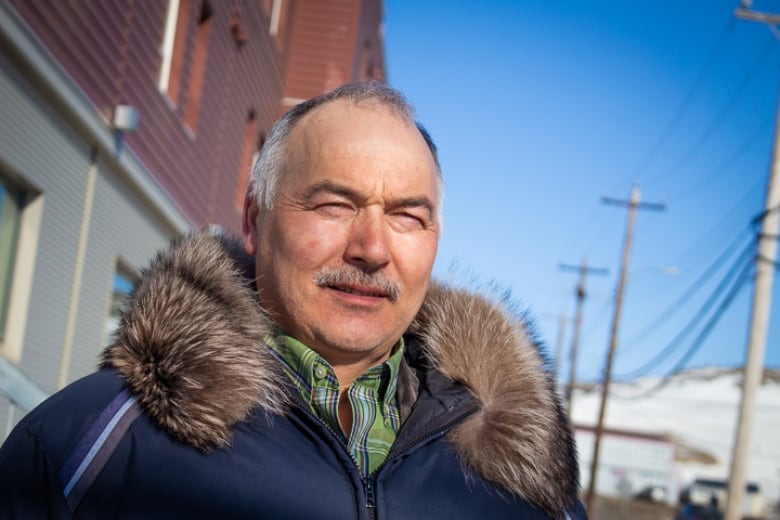Nunavut government cuts to Inuit college decried

Inuit leaders are slamming the Nunavut government, in Canada’s eastern Arctic, for its decision to pull funding from Canada’s first and oldest Inuit post-secondary school.
The revelations came quietly during a committee of the whole meeting on March 5 in which Minister of Family Services Elisapee Sheutiapik said her department would not renew its $175,000-a-year funding agreement to Nunavut Sivuniksavut, which is located in Ottawa.
That three-year funding commitment began in 2015.
The news spread over social media on Tuesday, leading Qikiqtani Inuit Association president P.J. Akeeagok to say the decision has “no logic,” and Nunavut Tunngavik (NTI) president Aluki Kotierk to tell CBC News the decision is “narrow-minded.”

From $75K, to $175K, to $0
The government’s $175,000 annual contribution to Nunavut Sivuniksavut accounted for 11.4 per cent of the program’s total revenue, according to numbers provided to CBC News by the school.
The rest of the school’s $1.536 million in 2017-2018 came from:
- The three Nunavut regional Inuit organizations: 33.4 per cent.
- The federal government: 21.3 per cent.
- Tuition: 20.8 per cent.
- Nunavut Tunngavik: 13 per cent.
In 2015, NTI asked the Nunavut government to match its contribution of $200,000.
At the time, the territorial government had been giving $75,000 through the education department.
The territory’s contribution was small compared to those of Nunavut’s four Inuit organizations, whose contributions made up half of the school’s revenue. What’s more, the school was running a $150,000 deficit.
Nunavut’s cabinet ultimately agreed to the three-year commitment of $175,000 annually.

But with the agreement set to expire, Kotierk and Nunavut Sivuniksavut chair Jesse Mike wrote to Premier Joe Savikataaq, urging him to keep the funding going.
“An annual contribution of funding from the GN [government of Nunavut] remains critical to the program’s continued existence,” they wrote in December 2018.
Savikataaq replied two months later. He said cabinet decided the school’s funding, which was coming from the Department of Family Services, would be cut.
“The GN, and specifically the Department of Family Services, must focus its efforts and funding on individuals, programs, and organizations within Nunavut that support those most at-risk of continued unemployment,” he wrote.
“NS [Nunavut Sivuniksavut] students have historically been highly employable, and the GN does not believe they face a great risk of persistent unemployment in the territory.”
‘A pretty big slap in the face’
Savikataaq did not mention in his letter whether money could come from other departments.
However, in an interview with CBC News this week, he said the government is in the early stages of looking at other funding options.
NTI’s Kotierk learned the government was looking at other departments’ budgets while speaking with CBC Newsthis week.
“The letter signed by the premier did not indicate that. The way that letter was written, it’s as though it was a closed door,” Kotierk said.
“I think that could have been communicated earlier, before it became an issue in the media. And I commend all the Inuit who have written on Facebook indicating how they are so disappointed.”
Mike echoed Kotierk’s sentiments. She said the school had been in constant communication with the government about funding, but she never got the sense the territory would look to other departments for money.
“We never said that we need to get the money from family services. They’re the ones in charge of this entire budget. They can decide where this money comes from,” Mike said.
“How are we to say that if people don’t have this opportunity to go to NS, that they might not be vulnerable?
“It’s a pretty big slap in the face.”
500 graduates since 1985
According to a 2017 survey of Nunavut Sivuniksavut graduates, a third of respondents said they worked for the Nunavut government. More than 500 students have graduated since the school’s inception in 1985 — among them, Nunavut’s Education Minister David Joanasie.
Savikataaq noted that the government indirectly funds the school through its financial assistance program. Since 2012, the program has provided more than $5.3 million to Nunavut Sivuniksavut students.
“It’s not like they get no government money,” Savikataaq said.
“At one time it was funded through education, which makes more sense, and that’s being looked at. I agree the government needs the NS grads.”
Related stories from around the North:
Canada: Nunavut legislature to see temporary law to suspend bilingual education deadline, CBC News
Finland: Budget cuts threaten international Sámi language cooperation, Yle News
Russia: Norwegian-funded school in Northwest Russia inspires cooperation, The Independent Barents Observer
Sweden: Inequality a problem in Swedish schools: UNICEF report, Radio Sweden
United States: Proposed Alaska budget could cut programs to bare minimum, school district says, Alaska Public Media



